Tracey Long – Cultural Competency
$219.00 Original price was: $219.00.$61.75Current price is: $61.75.
Available for Pre-Order. This product will be available within a few days.
Tracey Long – Cultural Competency
Tuyet, an 8-month-old Vietnamese girl, presents to the Emergency Room with a 4-day history of fever, diarrhea and vomiting. She appears dehydrated and listless. Her mother states that this is the second time this month that Tuyet has been sick. She thinks it is because Tuyet was “exposed to the wind”. There are dark ecchymotic stripes on her back. Her 4 brothers and sisters are at home with their father. He is a temporary worker and they have no insurance. Tuyet is admitted to the pediatric unit and a Social Services referral is made.
- Do you know what healthcare beliefs the family subscribes to?
- What caused the marks on Tuyet’s back?
- What barriers to healthcare can you identify?
We face questions like these and many more on a daily basis in all healthcare settings. Cultural competency is critical to reducing health disparities and improving access to high-quality health care, health care that is respectful of and responsive to the needs of diverse patients. Join expert, Tracey Long, RN, PhD (c) MS, MSN, CDE, CNE, CHUC, CCRN, for this interactive seminar and learn practical strategies that will improve patient outcomes, advance your own skills and enhance your personal satisfaction by increasing your own cultural competence for your unique role in the health care setting.
OUTLINE
Demographics and Diversity in America
- Defining cultural competence
- Approaches towards cultural competence
- Solutions for health disparities in underserved communities
Cultural Beliefs, Values & Practices
- Increasing awareness of personal and organizational bias
- Avoiding stereotypes
- Components of culture
- Major ethnic groups in America
- Nontraditional cultural groups
Establishing Trust and Rapport
- Identifying decision makers
- Collaborating with families
Communicating Across Cultures
- Understanding verbal & non-verbal cues
- Effectively using Interpreters
- What qualities are important in an interpreter
- When and how can they be used
- Legal and ethical considerations
Clinical Implications and Considerations
- Assessing cultural health care beliefs:
- Immunizations
- Blood transfusions
- Preventative care
- Genetic risks related to ethnicity
- Tay-Sachs disease
- Sickle cell
- Disease prevalence
- Cancers
- Heart disease
- Infant mortality
- Pregnancy and childbirth
- Effects of female genital mutilation
- Establishing care for immigrants and refugees
- Health care system barriers
- Tuberculosis
- HIV/AIDS
- Parasites
- Hepatitis B
- Malaria
- Strategies to incorporate cultural rituals into the inpatient setting
Would you like to receive Tracey Long – Cultural Competency ?
Challenges in Compliance
- Treatment efficacy
- Patient education
- Patient adherence strategies
- Obesity
- Diabetes
- Hypertension
Alternative Medicine
- Traditional herbs
- Using ETHNIC
- Explanation, Treatments, Healers, Negotiate, Intervention, Collaboration
End of Life Practices
- Family expectations & responsibilities
- Advanced directives & DNR
- Communicating bad news
Dietary Modifications
- Incorporating dietary beliefs into the plan of care
- Overcoming dietary restrictions
- Importance of patient education
- Lactose intolerance
Patient Education
- Teaching & Learning principles
- Customizing educational materials
- Assessing outcomes
Healing ~ a Religious & Spiritual Experience
- The power of core values
- Religious perspectives
- When religious values conflict
OBJECTIVES
- Create an environment that welcomes diversity in your work setting.
- Utilize effective communication techniques to establish rapport, gain improved understanding and create trusting relationships.
- Identify various cultural assessment methods.
- Collaborate with patients to include family members, healing practices and healers.
- Facilitate discussion about birth and end-of-life beliefs and decisions.
- Develop opportunities to find common ground with patients, families & colleagues.
- Generate cultural learning opportunities that meet the educational needs of diverse populations and ages.
- Identify the various clinical implications when incorporating cultural beliefs into the plan of care.
Be the first to review “Tracey Long – Cultural Competency” Cancel reply
Related products
Health & Medical
Health & Medical
Health & Medical
Kate Freeman – Heart Of Releasing – Masters for Daily Releasing
Health & Medical
2018 High Risk Obstetrics Current Trends, Treatments & Issues
Health & Medical

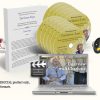
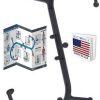
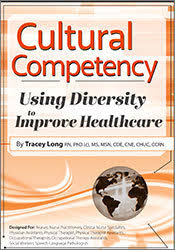



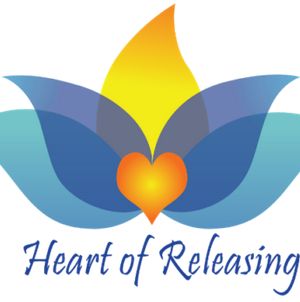

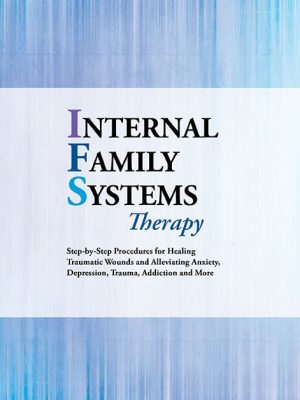

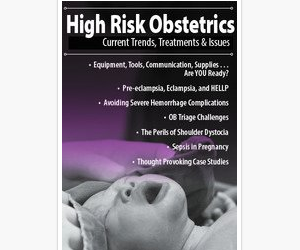
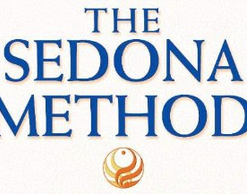
Reviews
There are no reviews yet.